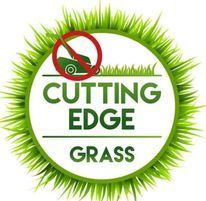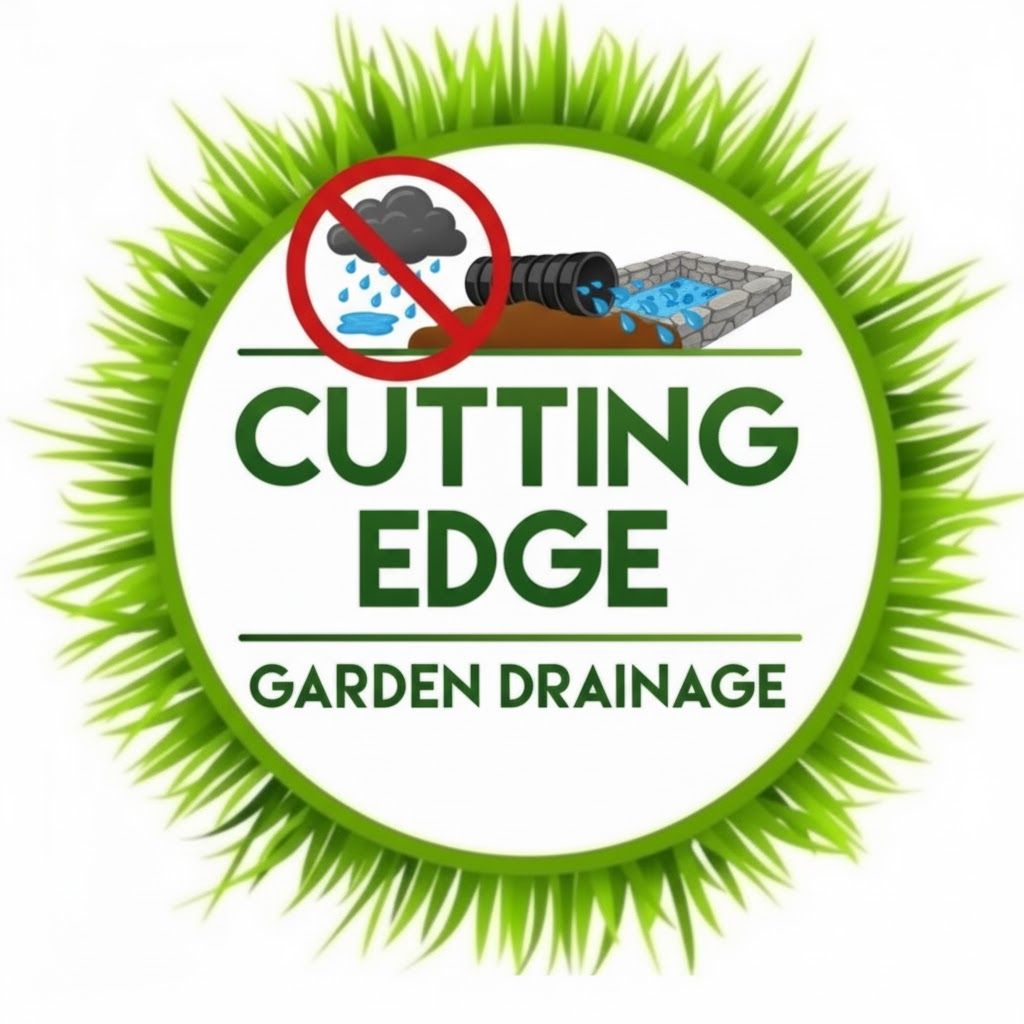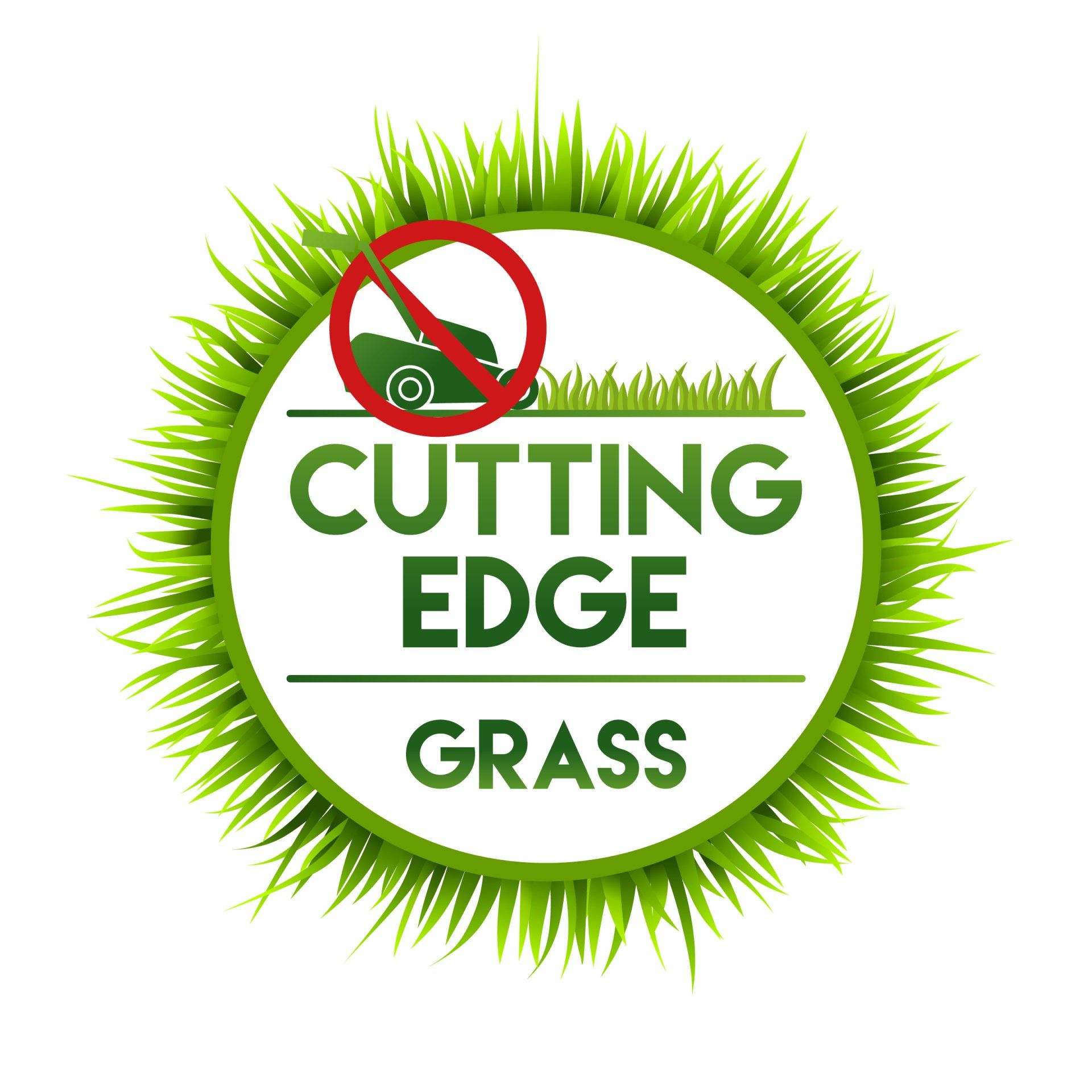Garden Decking by Cutting Edge Decking
Garden Fence Builder Near Me in Irvine, North Ayrshire
Call Us
Cutting Edge Decking — Timber & Composite Decking Specialists
Serving Irvine and surrounding areas across North Ayrshire, East Ayrshire & South Ayrshire
Phone: 01294 688268 • Website: www.cuttingedgegrass.co.uk
Welcome — beautiful, safe decking built to last
At Cutting Edge Decking we design, supply and install high-quality timber and composite decking for homes and gardens across Irvine and the surrounding towns and villages of Ayrshire. Whether you want a warm, natural timber deck or a low-maintenance, slip‑resistant composite finish, we’ll advise on the best materials, subframe and anti-slip detailing to suit your garden, budget and lifestyle.
We specialise in:
- Timber decking (softwood and hardwood)
- Composite decking (low-maintenance, slip-resistant options)
- Anti-slip timber treatments and anti-slip nosing
- Aluminium and timber subframes, adjustable pedestals
- Repairs, maintenance and protective tapes for joists
- Bespoke handrails, steps and finishing details
Areas we serve
We cover Irvine and the wider Ayrshire area — North Ayrshire, East Ayrshire and South Ayrshire. Below are 50 towns, villages and areas we regularly visit:
Irvine, Kilwinning, Saltcoats, Stevenston, Ardrossan, West Kilbride, Seamill, Largs, Fairlie, Skelmorlie, Beith, Dalry, Kilbirnie, Glengarnock, Dreghorn, Springside, Cunninghamhead, Kilmaurs, Stewarton, Kilmarnock, Galston, Hurlford, Newmilns, Darvel, Mauchline, Auchinleck, Cumnock, Patna, Muirkirk, Ayr, Prestwick, Troon, Monkton, Dundonald, Tarbolton, Coylton, Annbank, Maybole, Girvan, Ballantrae, Dailly, Maidens, Crosshouse, Knockentiber, Neilston, Waterloo, Symington, Bellsbank, Ochiltree, New Cumnock.
If your town isn’t listed, ask — we almost certainly cover your area.
Timber decking — natural warmth and character
Overview: Timber decking gives a beautiful, organic finish and ages naturally over time. Popular choices include pressure-treated softwood (e.g. pine), European oak, and tropical hardwoods.
Pros:
- Warm, attractive natural look
- Can be sanded and re‑finished to renew appearance
- Often more affordable up-front (softwoods)
- Eco options available (FSC-certified timbers)
Cons:
- Requires regular maintenance (staining or oiling) to retain colour
- Can be slippery when wet unless treated or grooved
- May warp or split over time if not installed with correct detailing
Anti‑slip timber solutions we offer:
- Anti‑slip grooved boards or boards with factory-applied slip-resistant surface
- Broadcast non‑skid grit or anti‑slip paint on steps and ramps
- Anti‑slip nosing and tape for edges and stairs
Composite decking — low maintenance, slip resistant options
Overview: Composite decking blends wood fibres and recycled plastics into a low-maintenance board that resists rot, splitting and fading better than untreated timber.
Pros:
- Very low maintenance — no oiling or staining required
- Consistent colour and texture
- Good durability and resistance to rot and insects
- Many modern boards include engineered slip-resistant surfaces
Cons:
- Higher up-front cost than softwood timber in many cases
- Can retain heat in direct sun (board colour affects this)
- Some lower-grade composites can stain or scratch; quality varies by brand
Slip‑resistant composite options:
- Co-extruded topskins with textured finish for improved grip
- Grooved board profiles for extra wet-weather traction
- Manufacturer-rated slip resistance scores — we only specify products with proven performance for decking and steps
Choosing the right board for you
If you want authenticity and the option to restore the surface, timber is ideal. If you want a low-maintenance solution that looks good year-round and performs well in wet conditions, a high-quality slip‑resistant composite is a great choice. We’ll show samples and explain long-term running costs to help you decide.
Subframes & foundations — why it matters
A deck is only as good as its subframe. We install and recommend:
Timber joist frames:
- Traditional, cost-effective option for most garden decks
- Pressure-treated joists resist rot
- Best combined with joist-protective tape and good ventilation
Aluminium subframes:
- Extremely durable, rot-free and dimensionally stable
- Ideal for coastal locations (better corrosion resistance)
- Can allow for shallower build-ups and longer spans between supports
Composite subframes:
- Match composite boards for like-with-like expansion behaviour
- Resistant to rot and insects
Adjustable pedestals & concrete supports:
- For irregular ground, paving or balcony applications we use adjustable pedestals mounted on solid pads
- Provide precise levelling and keep deck off damp ground
Which to choose?
- Coastal, high-moisture or high-traffic installations often benefit from aluminium frames.
- Timber joists are perfectly fine when pressure-treated and protected with joist tape and correct detailing.
- Composite subframes are a good match for composite boards where manufacturers recommend.
Protective tapes, treatments and fixings
To extend the life of your deck and avoid premature deterioration we commonly use:
- Joist protection tape / joist guard (DPC-style tape): protects the top of timber joists where boards sit and prevents water ingress and rot.
- End-grain sealer: applied to cut ends of boards and joists to reduce moisture uptake.
- Anti-corrosion screws & hidden clip systems: stainless or coated fixings for longevity.
- Butt-joint and closing strip tapes: where manufacturers recommend to minimise moisture ingress at joins.
- Anti-slip tapes & nosings: for steps and high-traffic zones to reduce slipping risk.
Installation standards & ventilation
Proper airflow beneath the deck, fall for drainage and correct spacing for board expansion are essential. We build to industry best practice:
- Minimum ventilation gap under joists
- Correct board spacing and end-gapping (manufacturer-specific)
- Fall away from the house for drainage
- Flashing and connection details where deck meets the building
Finishes, colours & handrails
We supply a wide range of finishes and colours for both timber and composite boards plus matching fascias and trim so your deck looks polished from every angle. Choose minimalist metal balustrades, classic timber rails, or glass infill for uninterrupted views.
Pricing guide (indicative)
Prices vary by material, subframe choice and site conditions. As a rough guide:
- Basic pressure-treated timber decking (material + install): budget-friendly option
- Hardwood or specialist anti‑slip timber: mid to higher cost
- Mid-range composite (slip-resistant top layer): mid to high cost
- Aluminium subframes add to the cost but reduce long-term maintenance
Contact us for a free site visit and fixed quote — we’ll assess access, ground conditions and the best materials for longevity and safety.
FAQs
Q: Is composite decking slippery when wet? A: Good quality composites are engineered with textured, slip-resistant finishes. We specify products with manufacturer slip ratings and advise on nosings and anti‑slip tapes for steps.
Q: How often does timber decking need maintenance? A: Softwood decks typically need oiling or staining once a year or every other year depending on exposure. Hardwoods need less frequent attention but should still be checked and resealed every few years.
Q: Which subframe is best near the sea? A: Aluminium subframes are highly recommended in coastal locations for their corrosion resistance and stability.
Q: Can you fit decking over an existing patio or paved area? A: Yes — we can fit a deck using adjustable pedestals over existing hard surfaces, or remove and rework base as needed.
Q: Do you guarantee your work? A: Yes — we provide workmanship guarantees and install with manufacturer-compliant fixings. Specific product warranties depend on the board manufacturer.
Our team build timber and composite decking in North Ayrshire, South Ayrshire and East Ayrshire
Installation types
Timber/Wood
Composite including Capped


